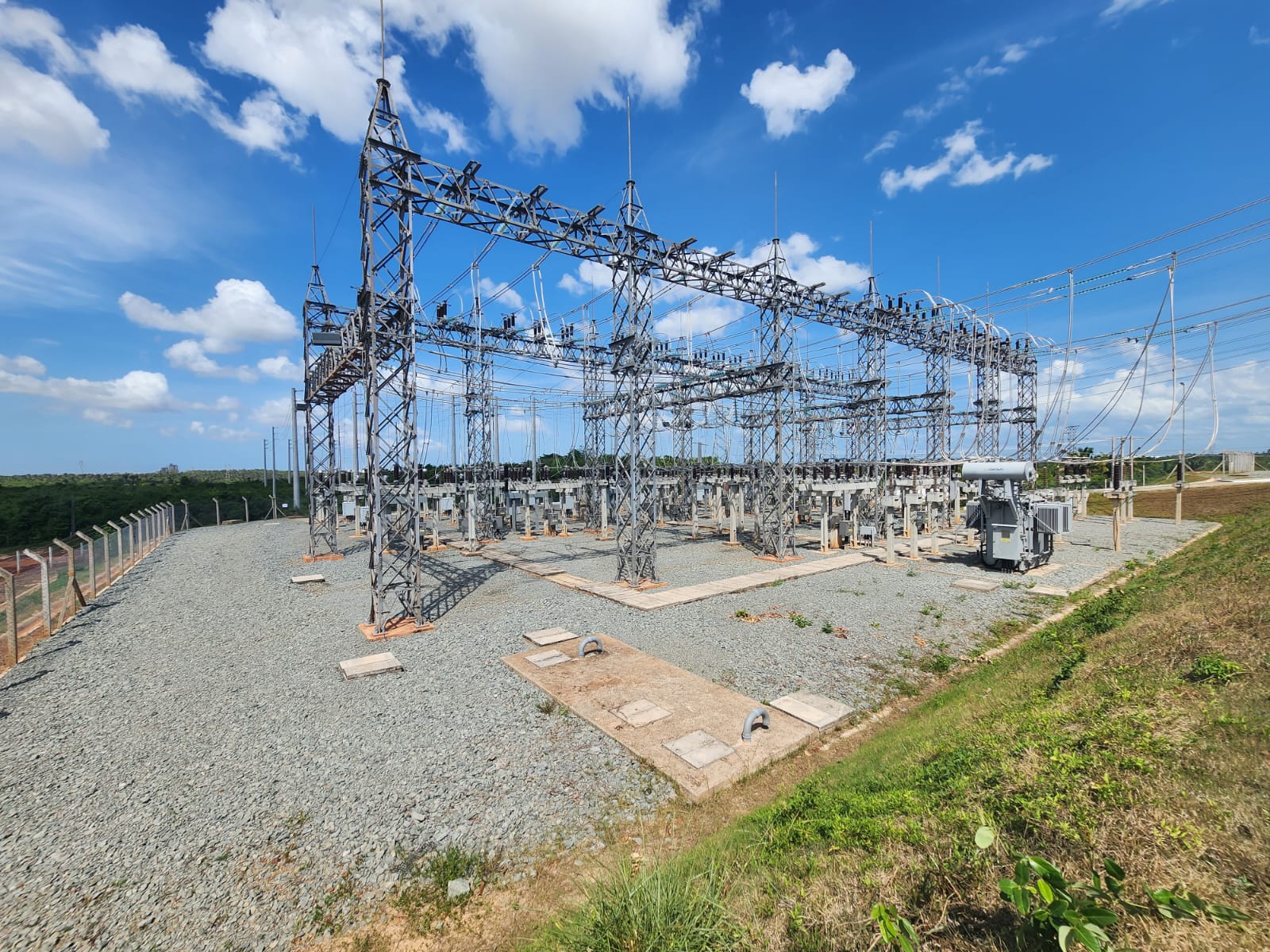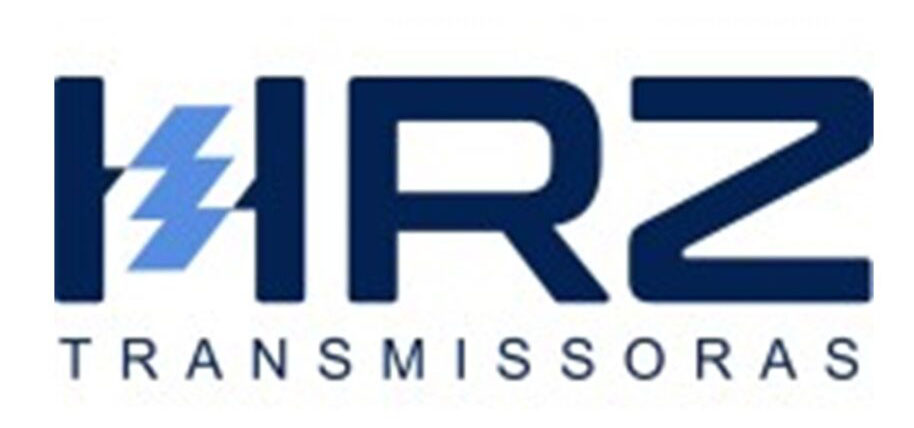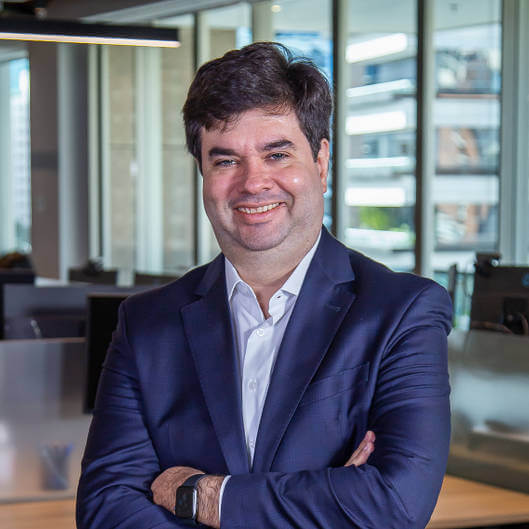Why did HRZ Transmissoras appeal to you?
The Brazilian electricity market ranks among the world’s largest, with an estimated need for over $20bn in investments in the transmission sector over the next decade. The regulatory framework is well established with decades of private sector presence and ensures predictable cash flow and limited exposure to the Brazilian economy.
Under the guidance of Actis, we’re implementing new technologies and processes to achieve operational efficiencies, surpassing our targets and market benchmarks. I am two years into the role, and I’ve benefited from international connections and knowledge exchange across Actis, despite us being the only transmission company in the portfolio.





Despite there being no direct comparison, what have you gained from other Actis investments?
One example is the partnership with Serena, which is a renewables company also here in Brazil. By fostering strong ties with the team and engaging in collaborative discussions, we’ve achieved some significant outcomes.
The collaboration, particularly in Maranhão state, where both companies have assets, has yielded interesting insights such as addressing high voltage insulator pollution risks. Serena’s experience in dealing with those pollution risks has informed our plan. This exchange has seen mutual benefits, as we provided spare parts during a recent tower emergency at Serena.
How have you been able to reduce costs and increase availability?
Reducing costs and enhancing availability involved strategic shifts in operations and partnerships. Initially operated by EDP, a utility company with transmission as a secondary focus, we decided to outsource operations during due diligence. This transition led to a leaner, more efficient team and significantly lowered operational costs. The mindset shift from in-house to outsourced solutions proved effective.
In terms of availability, long-term partnerships with operations and maintenance (O&M) contractors were crucial. Retaining skilled staff from EDP and developing relationships with new contractors allowed for cost reduction and improved service. Last year, we introduced a new O&M contractor, further decreasing costs while raising availability, surpassing industry benchmarks.
Collaborations with O&M contractors helped Serena sign an emergency services contract, showcased the benefits of a well-maintained network and the ability to respond effectively during emergencies, ultimately contributing to improved availability.
What are the opportunities for future growth?
In addition to portfolio expansion, our partnership with major transmission associations positions us at the forefront of industry discussions. We’ve taken a leadership role in addressing critical issues such as ESG in the energy transition, contributing to the broader electricity sector in Brazil and the pivotal role of transmission in shaping the future of energy.


- Actis Perspective
What attracted Actis to HRZ Transmissoras?
The transmission sector is new to us, but the Brazilian sector is stable and low-risk with predictable cash flows, inflation-adjusted revenues, availability at around 99.5% and minimal counterparty risk. With a private-sector-dominated landscape, the resilience of the sector and the entire system proved attractive. Meanwhile, Brazil’s stable and mature regulatory framework, established in the mid-1990s, added to the appeal.
A belief in the ability to make operational improvements in these assets was also key. That has underpinned the investment’s success, resulting in lower costs and higher availability after only two years of ownership.
How has the One-Actis model helped HRZ Transmissoras?
The extensive Actis network allowed for some crucial connections during due diligence. For instance, harnessing the expertise of former board members from Actis’ Energy portfolio companies supported HRZ Transmissoras in regulatory interactions and during the due diligence process. These insights and resource exchanges underscore the strength of Actis’ network in enhancing the success of HRZ Transmissoras.


